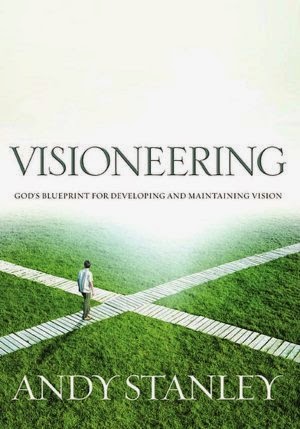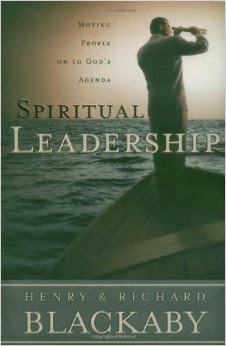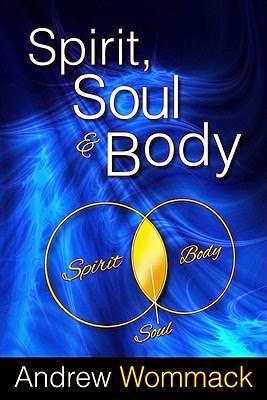Principle 10: Reflect often
(Make many pit stops)
Socrates, the Greek philosopher of the 5th century BC said “The unexamined life is not worth living.” When Socrates was in his forties, he had the inquisitive mind to ask about the world around him. Some people were mad with him about the questions he would ask poignantly. “What is life? What is beauty? What is wisdom? What is the right thing to do?” and so forth. These were difficult questions and some tried to give him answers. Socrates would try to teach them how to think better by asking them more questions which revealed their problem in logical thinking. Often this upset many of them and some even tried to persecute him. Soon he had a group of young men who would listen to him and learn from him how to think. The famous Plato was one of these young men who wrote the book “Apology” in which he detailed how Socrates defended himself against his accusers. Socrates’ key contribution to the world was challenging people to do their own thinking. He dedicated his life to careful reasoning and was willing to call everything into question, which made him one of the earliest exponents of critical philosophy.
The wisest man on earth echoed the same sentiments. “What does a man gain from all his labor at which he toils under the sun?” (Ecclesiastes 1:3) “Meaningless! Meaningless!” says the Teacher. “Everything is meaningless!” (Ecclesiastes 12:8) Read for yourselves his conclusion on the matter in Ecclesiastes 12:13-14.
Jesus asked “What good is it for a man to gain the whole world, yet forfeit his soul? Or what can a man give in exchange for his soul?" (Mark 8:36-37) These are deep questions that need deep answers. If you would have noticed by now, real wisdom in life is not just about getting the right answers. We are already overwhelmed with information in this internet age. Real wisdom lies in asking the right questions for our lives.
“In contemporary society our Adversary majors in three things: noise, hurry and crowds. If he can keep us engaged in ‘muchness’ and ‘manyness’, he will rest satisfied. Psychiatrist Carl Jung once remarked, ‘Hurry is not of the Devil; it is the Devil.” (Richard Foster, in his book “Celebration of Discipline, Chapter two, The Discipline of Meditation)
Slowing down enough to reflect and think is a luxury ill afforded by many. “Where have time gone to?” is not just a light-hearted cliché. It is a stark reality today for many. We need to make regular pit-stops to refuel, renew our worn out body and reflect upon our lives. Regular adjustments take us away from serious and irreversible consequences later in life and slowing down enough to allow us to enjoy the ride of our life and hear clearly the voice of God.
How can we do that? This principle is laid out clearly by God and it is called Sabbath. “The Sabbath was made for man, not man for the Sabbath.” (Mark 2:27) Sabbath is about learning to let go and let God. It is a mandated weekly pit-stop which the whole world observe, whether Christian or otherwise. Sabbath is not to be a rule followed religiously without understanding why. Sabbath is implemented for our good, to help us celebrate God’s goodness. It is a day when we take our rest and celebrate by proclaiming “it is good”, just as God took a day’s rest and said everything He had created is VERY good (Genesis 1:31). God took a rest not because He is tired. He did it because the work of creation is completed.
What’s the implication for us today? We work very hard. We pride ourselves in doing more with less. Do you know part of Adam’s curse of work was to toil and produce little? (Genesis 3:17) God gives us the ability to produce wealth but He is also asking us whether our trust is in Him or in our wealth and abilities. The lack of Sabbath rest suggests a lack of trust in the Lord as we are constantly anxious about our work and provisions. Again, we may be religiously following Sabbath rest by coming to church, but we miss the spirit of it when we lack the joy in celebrating God’s goodness and grace. Sabbath rest is a reset button put by God in our lives to remind us to trust in Him and celebrate life. It is a day of reflection on the Lord’s gift of our life. Yet, many go to church worrying about their Mondays. We disobey Sabbath to our detriment.
Use your Sabbath well. Reflect and examine your life so that it’s worth living!
---------------------------------
Socrates (469-399 BC)
- I am the wisest man alive, for I know one thing, and that is that I know nothing.
- As for me, all I know is that I know nothing.
- I know nothing except the fact of my ignorance.
- Beauty is a short-lived tyranny.
- By all means, marry. If you get a good wife, you'll become happy; if you get a bad one, you'll become a philosopher.
- He is richest who is content with the least, for content is the wealth of nature.
- If a man is proud of his wealth, he should not be praised until it is known how he employs it.
- It is not living that matters, but living rightly.
























